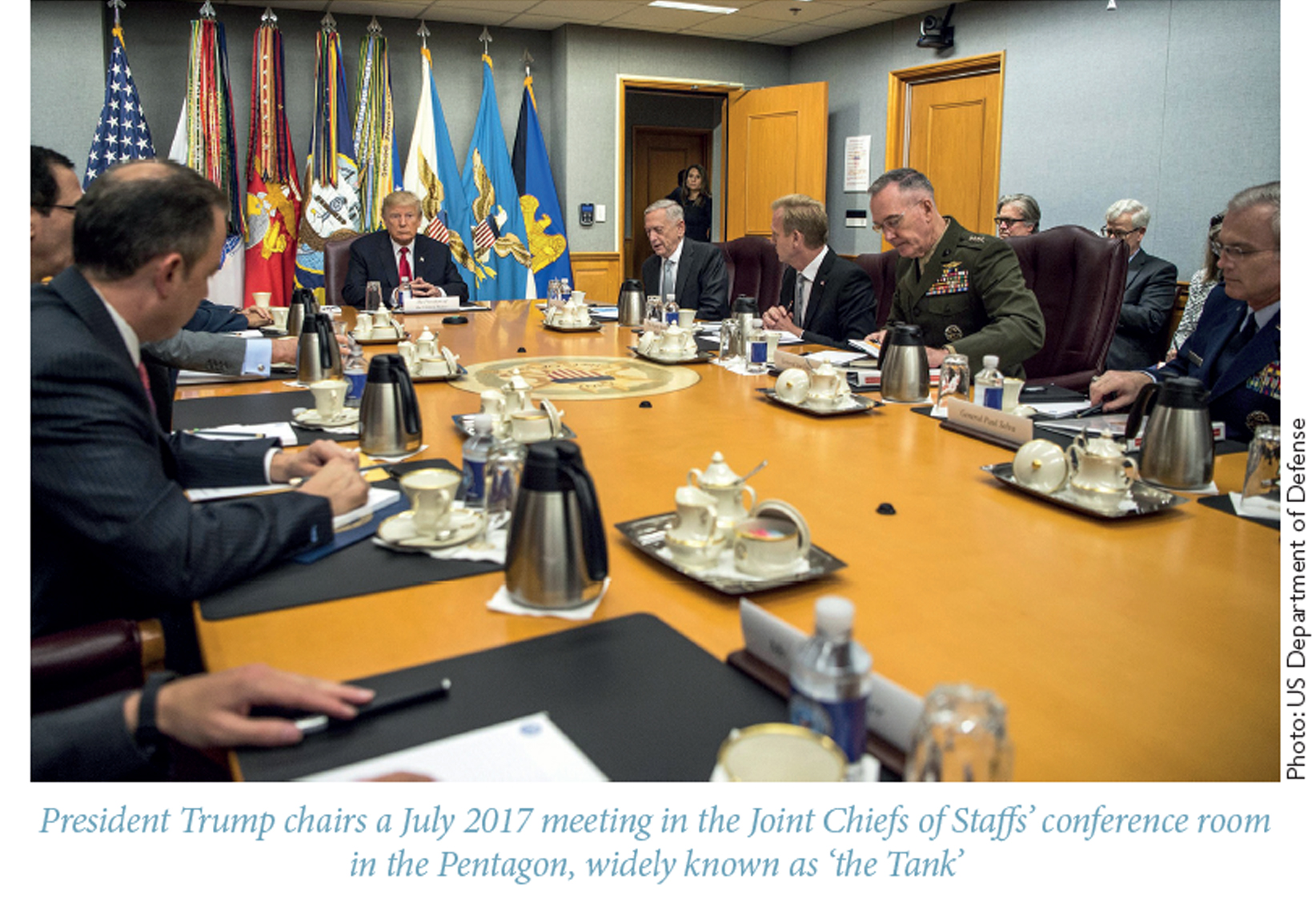In 2023, U.S.-China relations improved as both nations acknowledged the unsustainable decline from the Trump era to the early Biden term.

US Domestic Divide Likely To Hobble Global Leadership Well Beyond This Election Year – OpEd (Photo: Google)
Navigating the Currents
Short-term bilateral relations have improved, but structural issues suggest the US is increasingly crafting its Asia policy in rivalry with China. The headline article by Ryan Hass calls 2023 a strong year for U.S. foreign policy in Asia,’ with a stop in the downward spiral of U.S.-China relations and increasing relationships with allies amid rivalry.
Despite the improved mood, the U.S. has problems moving from stabilizing to creating a new understanding with Asia, especially given the forthcoming elections. Effective involvement is further hindered by US disagreements about its global role and a possible return to isolationism. These tendencies, combined with China’s inward turn and political turbulence, suggest that fundamental and long-term political issues between the two nations may last many presidential terms.
The narrative argues that the U.S.’s response to its strategic power fall, China’s governance concerns under Xi, and profound mutual mistrust will continue to damage the U.S.-China relationship. The US’s political incentives point toward ongoing hostility or departure from Asia, making it urgent to plan a future for the region with a reduced U.S. role as economic patron and security guarantor.
READ ALSO: US Delegation Touches Down In Taiwan Amidst Election Of China-Skeptical Leader
Asia’s Assertive Path to Regional Security and Stability
The narrative says that Asia must actively build its future and state its interests to the US and China. The area should express its disinterest in the breakdown of international institutions like the WTO and a split trading system to the U.S. It also involves telling China that while the region wants stronger economic links and recognizes its leadership role, mutually-negotiated rules are essential and economic coercion and military means are inadmissible in dispute resolution.
The story concludes that Asia needs a new vision of comprehensive regional security based on pragmatic national welfare and ASEAN-centered institutions. This vision might guide norms, economic integration, and political debate in a post-U.S. primacy region and prevent disputes.
READ ALSO: Taiwan Presidential Candidate Emphasizes Building ‘Solid’ Ties With US Prior To Resuming China Dialogue

















































